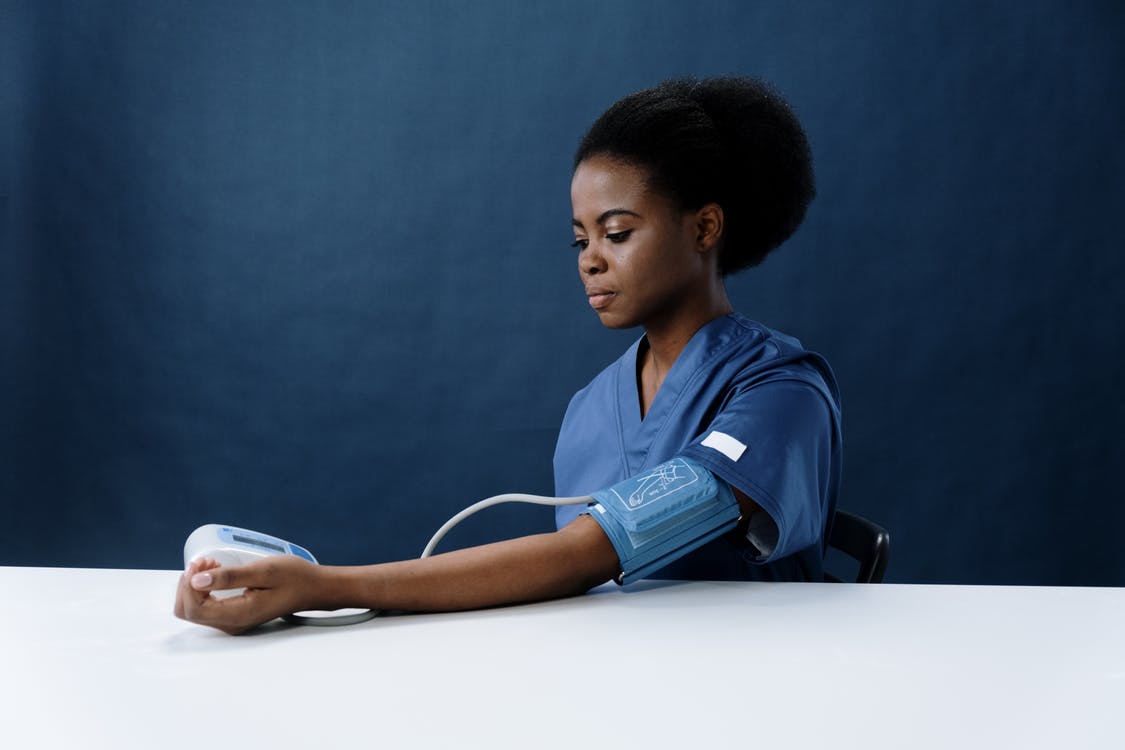A third of the people in the United Kingdom have high blood pressure. To be more specific, in England, around 30% of men and 26% of women have high blood pressure. 50% of individuals with high blood pressure are not diagnosed or receiving any medical assistance; England has more than five million undiagnosed persons. Hypertension, which is a type of cardiovascular disease, can be a warning sign of more significant problems to come. For many people, it is a precursor for more severe conditions. To reduce high blood pressure, first understanding the damage it causes to the body; the following are some of the effects of hypertension.
Damage to the Arteries
Healthy arteries are elastic, strong, and flexible. They have a smooth inner lining that enables blood to flow freely, supplying vital organs and tissues with enough oxygen and nutrients. High blood pressure progressively increases the pressure of blood passing through the arteries. People with high cholesterol levels are at higher risk of having hypertension because the heart has a more demanding task in pumping blood due to the hardening and narrowing of arterial walls. Products such as Giperium powder work against high blood pressure while reducing cholesterol levels in the body. The arteries damage caused by hypertension increases the chance of developing aneurysms which are enlargements of the arteries’ sections. An aneurysm can rupture. In turn, this will cause internal bleeding that can cause death, and they are formed mostly in the body’s largest artery, the aorta.
Heart Damage
When the arteries are damaged or narrowed by high blood pressure, they have trouble supplying blood to the heart. When the blood cannot flow freely into the heart, an individual can develop chest pain, irregular heart rhythms, or even a heart attack. Hypertension overworks the heart in supplying the rest of the body with blood. Hence, the left ventricle will thicken, increasing the risk of heart failure, heart attack, or sudden death. Another development from high blood pressure is the weakening of the heart muscle due to the added strain that eventually leads to heart failure.
Brain Damage
High blood pressure can cause a transient ischemic attack (TIA) called a mini-stroke, and it is a brief temporary interruption of the supply of blood to the brain. It is a warning that an individual is at risk of getting a full-blown stroke and is caused by blood clots or hardening of arteries. Brain cell death happens when the brain is deprived of nutrients and oxygen; this, in turn, leads to a stroke. A stroke is caused mainly by blood flow blockage due to the blood clots formed by high blood pressure. An individual can develop dementia and mild cognitive impairment due to the interrupted blood flow to the brain.
Kidney Damage
The kidneys’ primary function is filtering waste and excess fluid from the blood, requiring healthy blood vessels. The damage caused by high blood pressure to the blood vessels supplying the kidney can hinder this process. Conditions such as diabetes can worsen the damage. Hypertension causes kidney scarring (glomerulosclerosis) a condition where the tiny blood vessels in the kidney become scarred and are unable to filter waste and fluid from the blood. Kidney failure develops due to the elevated levels of waste and fluid in the blood, and one might need dialysis or a kidney transplant.
Damage to the Eyes
The delicate tiny blood vessels that supply blood to the eyes can be damaged by high blood pressure; this, in turn, causes damage to the retina (retinopathy), which is the light-sensitive tissue located at the back of the eye. An individual may develop blurred vision or even the complete loss of vision. The risk is increased if one is diabetic. Hypertension can lead to fluid build-up under the retina (choroidopathy) resulting in distorted vision and, at times, scarring that impairs vision. When blood flow is blocked, it can damage the optic nerve causing bleeding in the eye or loss of vision.
Sexual Dysfunction
As men approach the age of 50, there is an increase in the inability to have and maintain an erection known as erectile dysfunction. Men with hypertension are more likely to develop erectile dysfunction. High blood pressure limits the blood flow by blocking blood from flowing into the penis. In women, the reduced blood flow to the vagina can cause a decreased sexual desire or arousal, difficulty in achieving orgasm, or vaginal dryness.
Treatment and lifestyle changes can help control your high blood pressure to reduce your risk of life-threatening complications.

